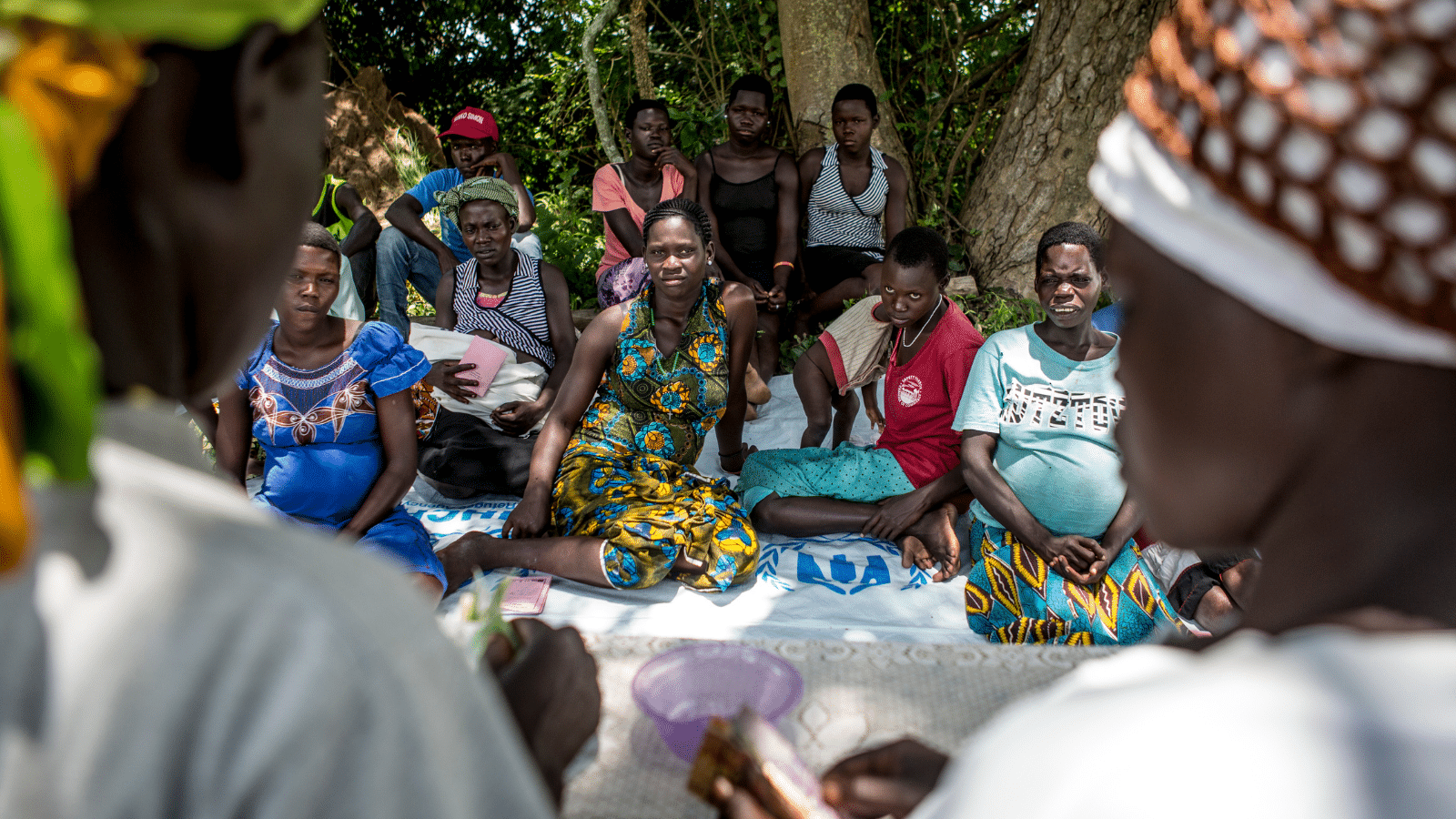Local humanitarian actors are the first to respond when an emergency occurs and they are typically the ones that stay when international attention and funding shifts to other crises. But when the international response is mobilised, local actors are often marginalised. To make humanitarian action more effective and efficient, localisation thus calls for a better inclusion of local actors and the affected population in all phases of the international humanitarian response. So far, debates generally revolve around the best ways of implementing localisation within the existing humanitarian system.
To gain a better understanding of the challenges and ethics of localisation, these discussions explore the dynamics that unfold between local and international actors of humanitarian response. Can humanitarian action remain impartial and neutral when it is localised? Will a major transfer of funds truly empower local counterparts or turn them into puppets in a global humanitarian system? Is localisation primarily a moral issue or a political or economic one? How ethically do international donor governments and international humanitarian organisations behave in their relationships with local partner organisations and communities?
Also listen on the Talking Humanitarianism podcast here on Spotify and Apple.
Kristina Roepstorff is a Senior Researcher at the Peace Research Institute Oslo (PRIO) working on the research project, “Red lines and grey zones: Exploring the ethics of humanitarian negotiations” (RedLines).
John Ede is the President of the Ohaha Family Foundation in Nigera and has extensive experience in humanitarian action in partnership with international donors and humanitarian organisations.
Sulagna Maitra is a Lecturer in humanitarian action at the University College Dublin.
Ed Schenkenberg is the Executive Director at HERE-Geneva, a think tank working on the gap between policy and humanitarian practice.
Dennis Dijkzeul is Professor of Conflict and Organisation Research at the Institute for International Law of Peace and Armed Conflict (IFHV), Ruhr-Universität Bochum.
Kristoffer Lidén is a Senior Researcher at PRIO and the Norwegian Centre for Humanitarian Studies (NCHS). He currently leads the RedLines project.
Arbie Baguios is a Doctoral Researcher at the London School of Economics and Founder of Aid Re-imagined.
These discussions are part of a series on the ethics of humanitarian action organised by Kristoffer Lidén at PRIO and the NCHS in collaboration with The Oxford Institute for Ethics, Law and Armed Conflict (ELAC) and IFHV as part of the RedLines project.
Others in the series include The ethics of humanitarian neutrality in Syria, Red lines for humanitarian aid in Afghanistan, Engaging with the Taliban then and now: Lessons learned, lessons spurned?, and Ethics and the global distribution of vaccines during Covid-19.
